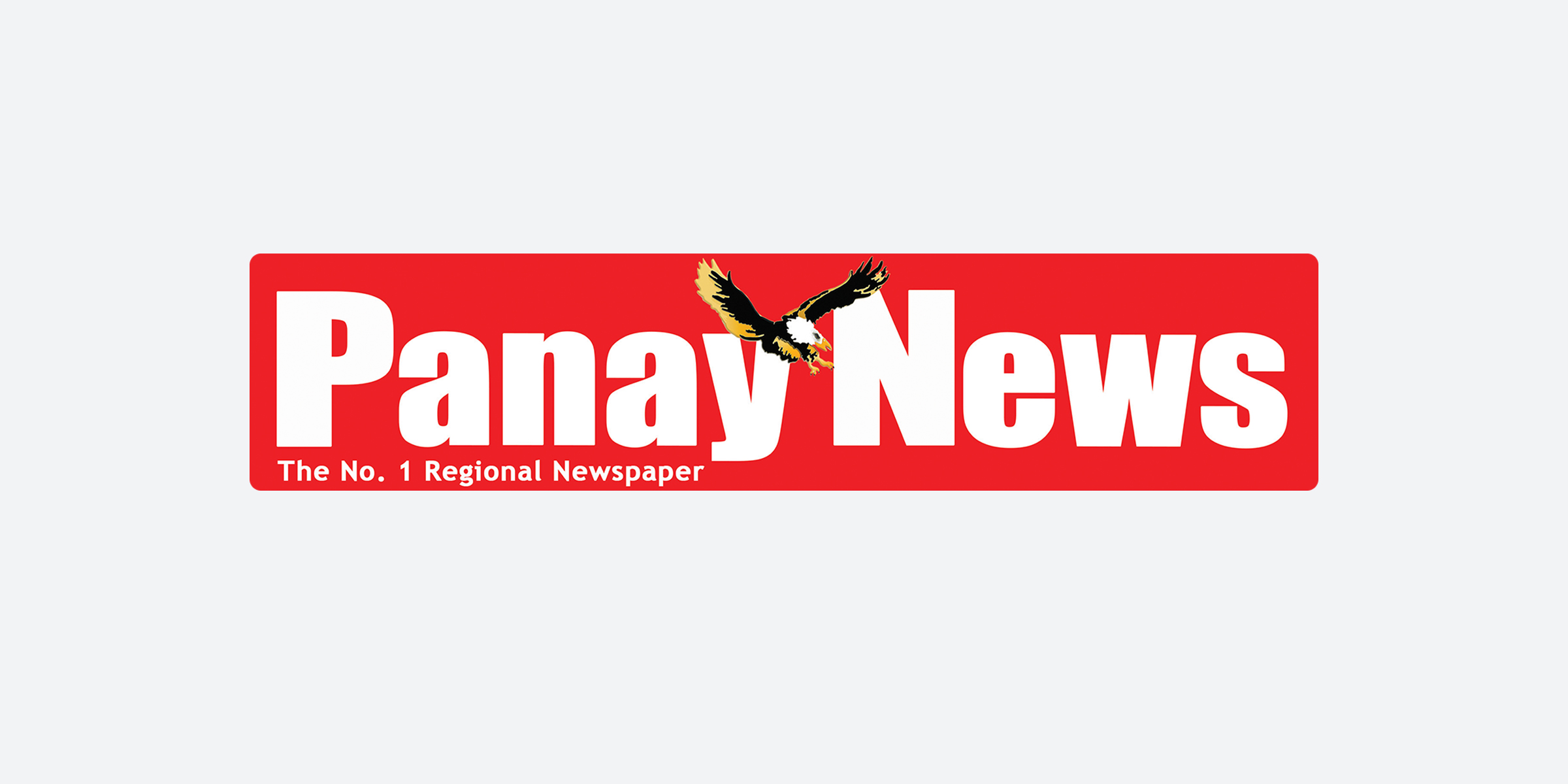
[av_one_full first min_height=” vertical_alignment=” space=” custom_margin=” margin=’0px’ padding=’0px’ border=” border_color=” radius=’0px’ background_color=” src=” background_position=’top left’ background_repeat=’no-repeat’ animation=”]
[av_heading heading=’ EDITORIAL’ tag=’h3′ style=’blockquote modern-quote’ size=” subheading_active=’subheading_below’ subheading_size=’15’ padding=’10’ color=” custom_font=”][/av_heading]
[av_textblock size=” font_color=” color=”]
Friday, August 18, 2017
[/av_textblock]
[av_image src=’http://www.panaynews.net/wp-content/uploads/2017/08/editorial-cartoon-for-aug18.jpg’ attachment=’114351′ attachment_size=’full’ align=’center’ styling=” hover=” link=” target=” caption=” font_size=” appearance=” overlay_opacity=’0.4′ overlay_color=’#000000′ overlay_text_color=’#ffffff’ animation=’no-animation’][/av_image]
[av_textblock size=” font_color=” color=”]
WE ARE outraged by the insensitive comments and jokes of Iloilo City vice mayor Jose Espinosa III and Councilor Eduardo Peñaredondo on breastfeeding during a recent Sangguniang Panlungsod session. Any attempt to undermine breastfeeding is a gross disservice not only to women but also to Mother Earth and humanity.
Breast milk offers the best nutritional start in life for children, providing babies with vital nutrients, sufficient water for hydration, and health-enhancing antibodies and enzymes to protect them against infection and allergy. Breastfeeding allows a healthy bonding between the baby and the mother and further helps in birth spacing.
For decades, however, our culture of breastfeeding has been weakened by publicity gimmicks that only seek to create a larger market for infant formula and rake in profits for milk and advertising companies. The World Health Organization estimates that Filipinos spend some P21.5 billion a year to feed babies with commercial breast-milk substitutes.
There is a disturbing decline in breastfeeding in the Philippines. As early as 2003, data from the National Demographic and Health Survey showed that only 16.1 percent of infants are solely breast-fed up to four to five months of age, down from 20 percent in 1998. The waning rate in breastfeeding has been linked to the death of some 16,000 children under five due to improper feeding practices.
But breastfeeding is not only best for babies and their mothers. It is also best in protecting the environment. Yes, there are ecological benefits, too. Unlike infant formula, breast milk is waste-free and requires neither paper, plastic and tin packaging or feeding gear like plastic bottles and teats, the production of which consumes lots of raw materials and generates tons of wastes and toxics. Breast milk is naturally produced and readily available to the infant consumer at the right temperature without creating waste and pollution that lead to climate change and a host of community health and environmental problems.
By breastfeeding, women also forestall the further destruction of our ravaged environment, given that breastfeeding requires no forest to be cleared for pasture or to grow cattle feed, no trees to be felled for the labels and promotional gimmicks, no mountain to be mined to produce tin cans, and no fossil fuels to be burned to support the complex cycle of producing and transporting milk substitutes.
We, women and men who have been blessed to be breastfed by our mothers, should add our voice to the promotion and protection breast milk, the most healthy and ecologically sound food for babies.
August, by the way, is National Breastfeeding Awareness Month pursuant to Republic Act 10028. Do Espinosa and Peñaredondo know this?
[/av_textblock]
[/av_one_full]







